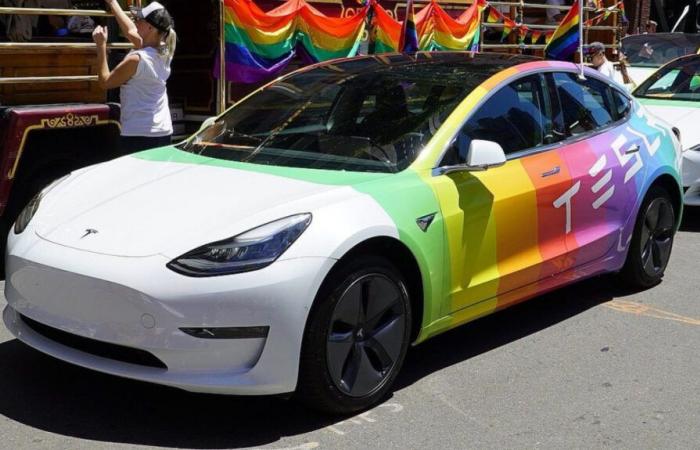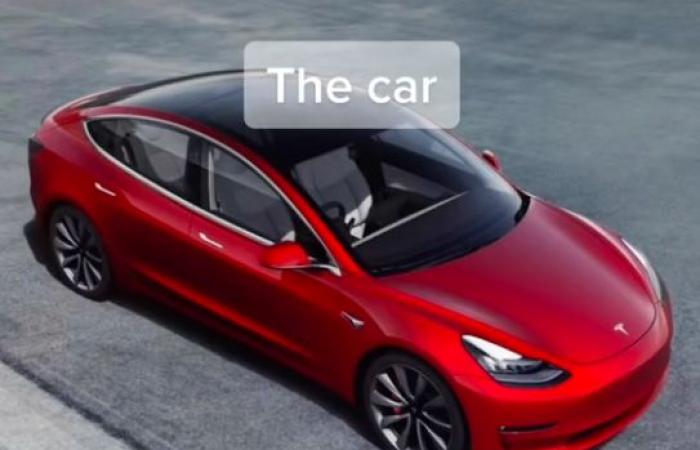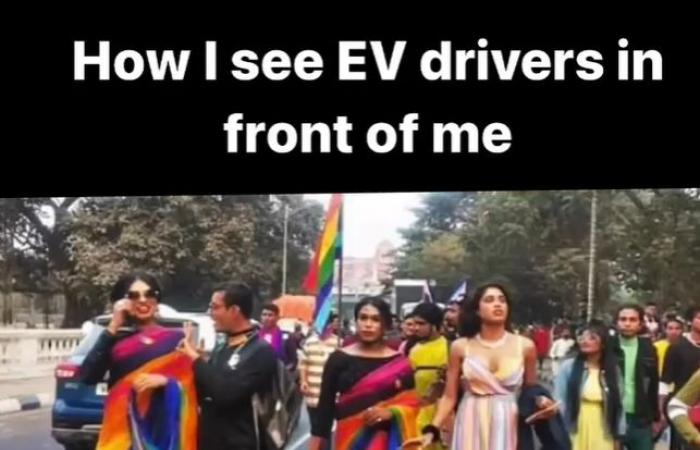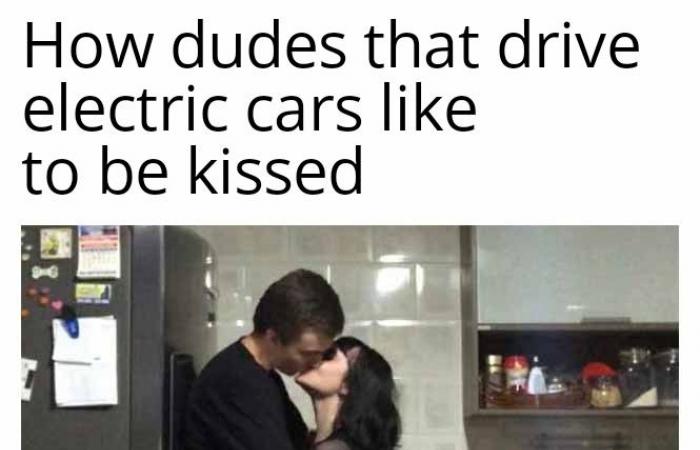Electric car news
The phenomenon is taking on a worrying scale on social media. The owners of electric vehicles are facing a growing wave of cyberharassment, revealing a societal malaise that is deeper than it seems. Free attacks which often mask irrational fears regarding the energy transition.
The typical profile of anti-electric car attacks
The mechanics are now well established. A user proudly shares the acquisition of his new electric carand the toxic comments flood in instantly. The arsenal of attacks generally follows a predictable gradation:
- The condescending remarks aboutlimited autonomy and charging times
- Aggressive criticism of high purchase price
- Personal attacks targeting presumed sexual orientation
- Accusations of belonging to a supposed “woke” movement
- Conspiracy theories about a so-called “green lobby”

Stereotypes conveyed by detractors
The memes and visuals shared systematically oppose two caricatures: on the one hand, the image of the diesel pick-up driver presented as the archetype of traditional virility, on the other, the electric car owner depicted as a vegan hipster effeminate. This simplistic dichotomy reveals a anxiety about change which goes far beyond the automotive framework.
The systematic conflation between electric mobility and alternative lifestyle reaches the height of absurdity. As if the simple fact of recharging a battery rather than filling up with fossil fuel necessarily implies an all-out militant commitment. An intellectual shortcut that says a lot about the prejudices of its authors.


The amplifying effect of algorithms
The mechanisms of social networks unfortunately contribute to the amplification of this toxic content. The algorithms favor the publications generating the most interactions, thus favoring the most provocative and divisive comments. This perverse dynamic creates a permanent bidding war in verbal violence.


The real issues hidden by online hate
While the war rages in the comments, the electric mobility market continues its inexorable growth. The numbers speak for themselves: 45% increase in sales in Europe over the past year. The reality on the ground contrasts sharply with digital vindictiveness.
This surge of hatred actually masks deeper anxieties in the face of changes in our society. There energy transition disrupts established benchmarks, calls into question anchored consumption patterns. It crystallizes tensions which go far beyond the simple choice of an engine.
Owners of electric vehicles find themselves unwillingly at the center of a cultural battle that goes beyond them. Their detractors project onto them fantasies and fears that have no connection with the reality of their choice of mobility. A phenomenon which illustrates the growing polarization of our societies, where constructive dialogue too often gives way to caricatures and personal attacks.
Written by Philippe Moureau
Forty-year-old passionate about electric cars. I am interested in the energy transition and the fight against greenhouse gas emissions. I am a true electric car enthusiast and environmental advocate.
React to the article










